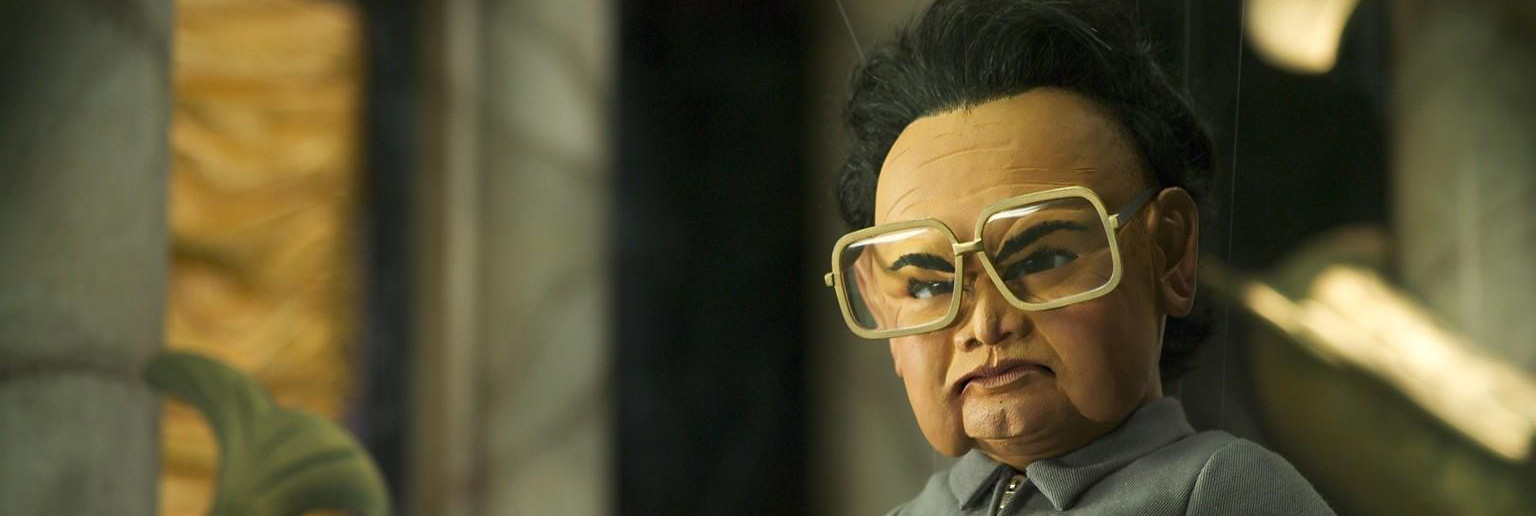
Note: I have a history in information security (my group once landed on Gartner’s Top 10 Visionaries in Information Security). I also founded and ran a film distributor, brokering deals with the likes of Warner Bros. and many others. I have some experience, then, with various aspects of this story.
Some thoughts:
-
I can say with high confidence that nearly every instance of exploitation is the result of failure to adhere to security best practices on the application, server infrastructure or user level. “Hacking” is more often the result of mundane, repetitive persistence than any particular genius. So unlimited access to bodies with keyboards (as the government of, say, North Korea enjoys) is sufficient on its own to do a lot of damage. Sony was targeted with sophisticated malware that demonstrates real proficiency. Even so, there is nothing magical about these exploits. We’re not looking at supervillains, here. We well understand the vulnerabilities being leveraged. But finding them takes manpower. Not geniuses (though they’ll speed the process, certainly): just a whole bunch of motivated people with nothing better to do.
-
Sony is being pilloried for withdrawing The Interview. But the decision wasn’t theirs, it was their exhibitors. If we’re looking to brand someone coward, let’s look at AMC, Cinemark et al. They cancelled their screenings, leaving Sony with almost nowhere to exhibit.
-
But consider this: Christmas is an important time for exhibitors. Their revenues are steeply declining. They increasingly rely on seasonal rushes to even make ends meet, let alone turn a profit. (To put an exhibitor’s profits into perspective, let me put it this way: they aren’t in the business of showing movies, they’re in the business of selling concessions. The movies are just to get you there. Very little ticket-sale revenue stays with the exhibitor.) It may well be that a good handful of exhibitors would prefer to show The Interview (and I can name a few, including George R. R. Martin in his Santa Fe venue). But they’re running businesses, many of which are publicly traded or owned by public companies who are answerable to shareholders. Threats are made, which may spook audiences, which may keep them away, which may mean an exhibitor loses out on one of his most important seasonal rushes. It’s easy to armchair-quarterback the move, but how many of us would endanger our livelihoods just to flip the bird to North Korea? It’s an imploding backwater whose survival as a political entity grows daily less tenable. And if we would, could we justify that move to a board of directors and shareholders? Would we be willing to suffer the resultant civil suits for loss of revenue? It’s not an easy question to answer.
-
Some have suggested Sony should replace the theatrical release with direct-to-digital. I favor that approach. But that cannot happen overnight—it cannot happen by the original 25 Dec. release date. (UPDATE: Against the odds, they pulled it off, and released digitally on 24 Dec. Good for them.) A film’s progressive availability on an expanding array of platforms is called “windowing”. Windowing is a very significant feature of nearly every entertainment IP contract. Sony will already have executed windowing-relevant contracts with actors, producers, foreign distributors, exhibitors, cable networks, digital providers, DVD and Blu-ray manufacturers, retailers and more. Revising those agreements is a very big job. It cannot happen in days (certainly not the few days leading up to Christmas). I hope they do it. But I wouldn’t expect to see it for a good while.
-
I have no defense of Paramount. There were a handful of exhibitors willing to show The Interview. When Sony withdrew it, they decided to show Team American: World Police instead (which has some rich depictions of North Korea). Those exhibitors had accepted the responsibility. They had chosen to make their statement. It would not have blown back on Paramount—it’s an old catalog film at this point, which the exhibitors had independently selected. Paramount’s move may well qualify as craven. They’re afraid of their dirty laundry being aired. They’ve seen what it’s done to Sony. But let’s not kid ourselves: if Paramount (or anyone else) is as technically vulnerable as Sony, then they’re next. Period. All Paramount has done here is throw a single steak tip to a pack of Rottweilers, and maybe trigger a boycott of their own holiday films in the process.
-
Re. Sony’s leaked material: Should we take care how we judge people’s private coms? I’m undecided. Is there value in the effort of keeping dirty laundry private, or does it just contribute to willful hypocrisy? I’ve played with this question in my stories: Would a transparent society with no privacy and secrets be better or worse? Would we all strive harder to inwardly be what we outwardly project, or would we all just throw in the towel and surrender to our baser instincts? I don’t know.
-
Genuine self-growth and CYA. I hope we all have policies for the former. Re. the latter, here’s a nickel’s worth of free advice: Never put anything in an e-mail that would embarrass you. Just. Don’t. Do it. And if we all pretend with single-minded dedication that we’re better people than we are, eventually it will become true. (That’s the whole premise of the Torah’s 613 commandments, couldn’t we say? Though, certainly, Christ’s law works in the other direction.)
-
The critics haven’t liked The Interview. But that’s not always reliable. Maybe it’s worth watching, I don’t know. We all hate being painted into a corner, though. It brings out our killer instincts. And it’s turned us all into champions of a bit of storytelling we know little about. Crazy world.